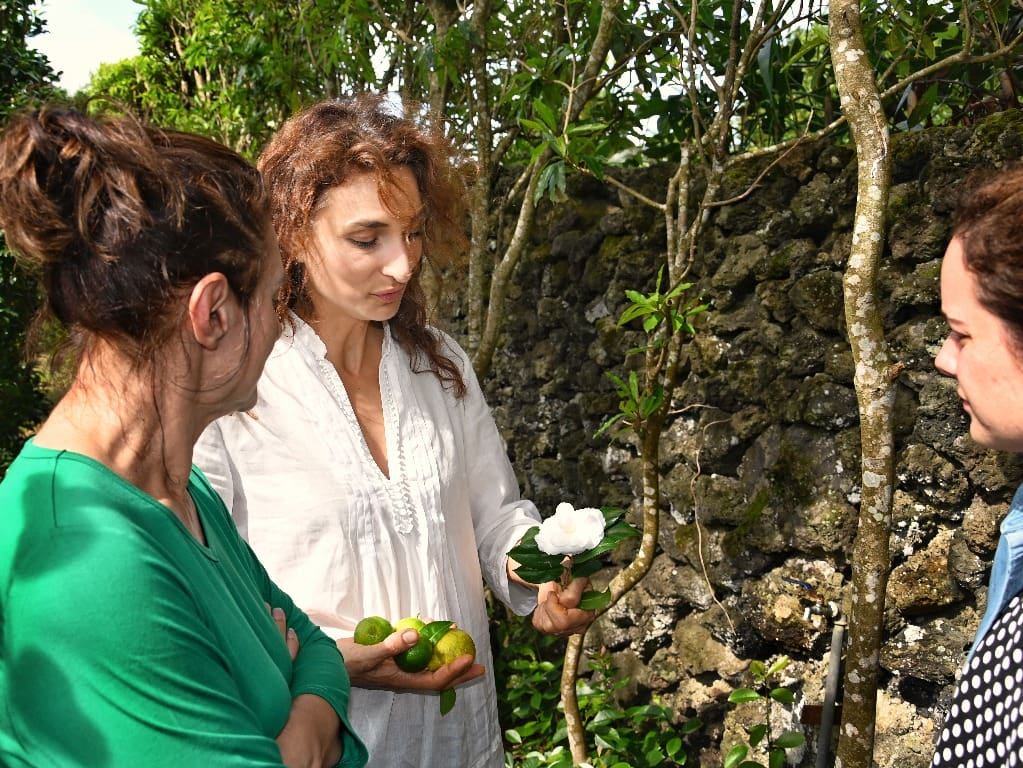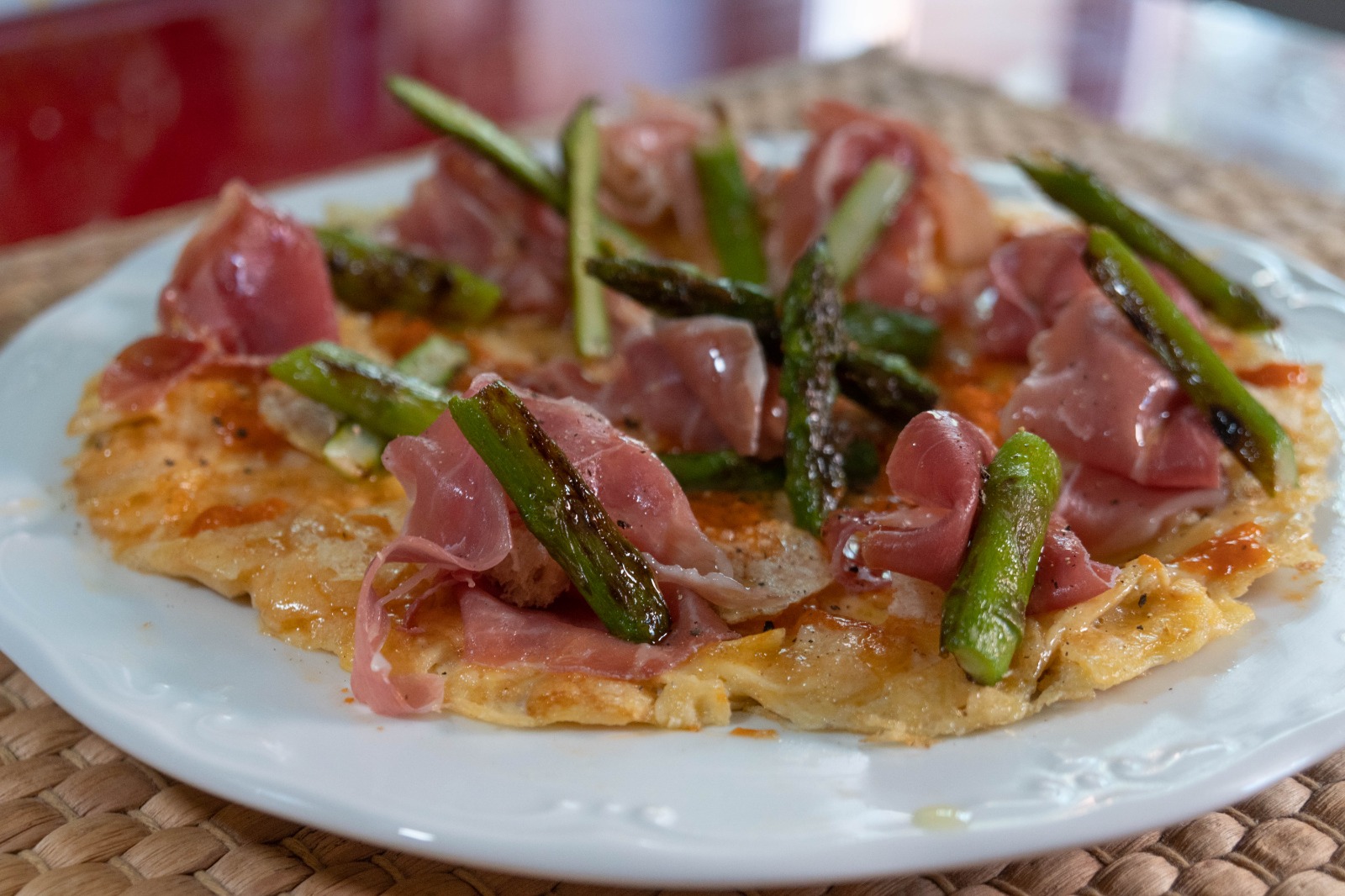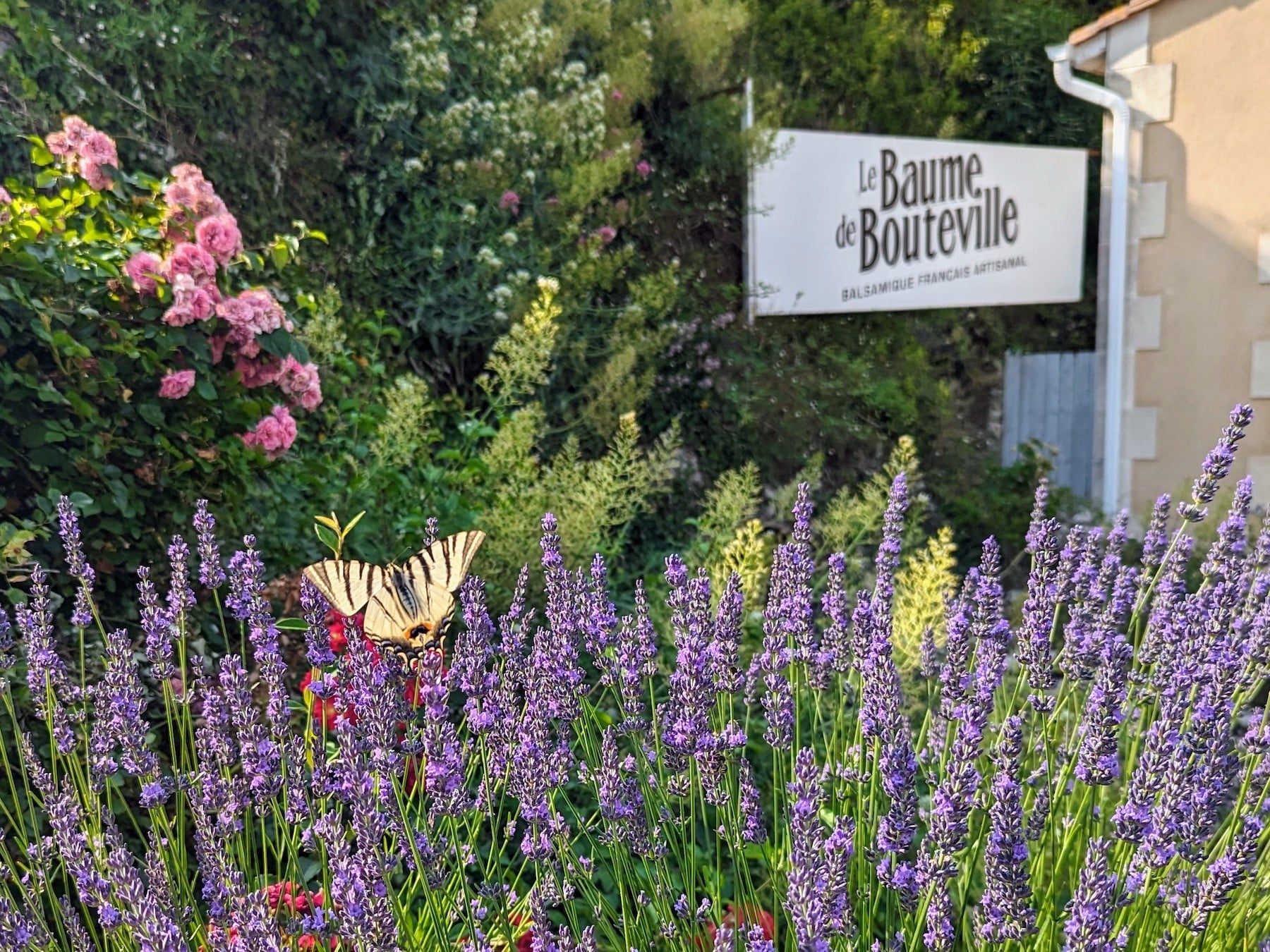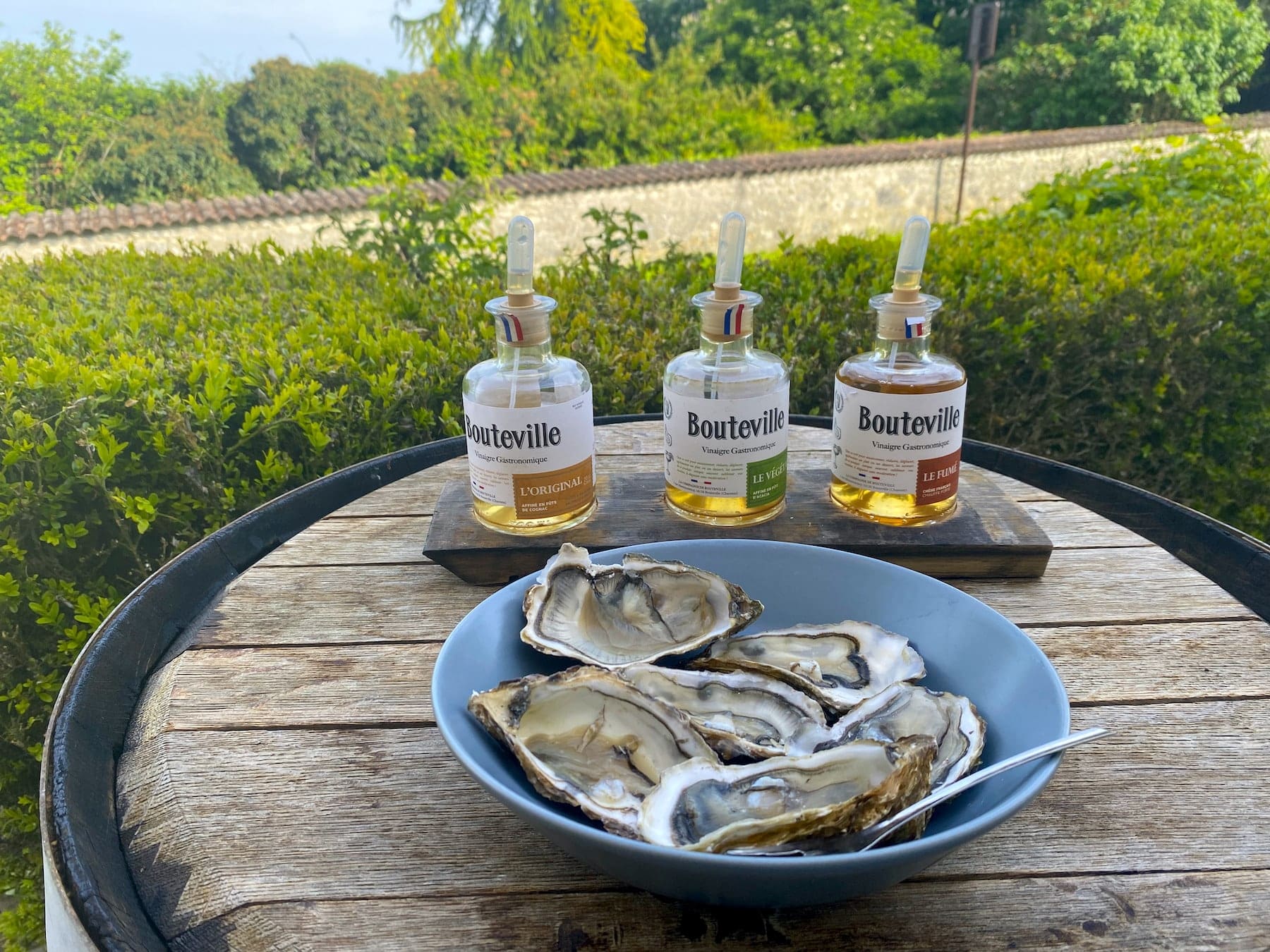Tour company proudly showcases varied cuisines
Traveling Spoon clients may be destined to chow down in a more worldly manner after their vacations.
The California-based tour company offers culinary experiences in 233 cities and 70 countries worldwide, bringing travellers closer to the foods that define a place’s culture.
Food tourism is big news, with one report suggesting that the culinary tourism market size will grow from US$1.1 trillion in 2023 to US$6.2 trillion in 2033, with more people using food to explore and understand local culture, says Traveling Spoon cofounder Aashi Vel, whose company was launched in 2013.
And Vel says its clients will have plenty of opportunity to learn to prepare local dishes while on the road, with cooking classes part of the vacation experience.
“90% of our bookings include a cooking class,” she says. “Guests look forward to not only learning new recipes and cooking techniques but also recreating these recipes back home. They receive recipes of dishes that often have been passed down through generations in our hosts’ families. Our hosts also share ways to substitute ingredients or spices that may not be easily found in guests’ home countries.

“Because our experiences are private, guests get 1:1 time with our hosts to learn to cook new recipes, understand their importance to a host’s family and culture, and hear stories and memories that the food brings the host. Our guests are constantly introduced to new and authentic dishes because our hosts decide the menu based on the season, what’s fresh in the market and of course, considering guests’ dietary restrictions. Besides, being involved in the creation of the food allows for a deeper respect and understanding of the food we eat.
“I can’t think of a more up close and personal way to experience a local cuisine than by purchasing ingredients during a market visit and cooking hosts’ family recipes and seasonal dishes with them in their kitchens. Our guests get to roll up their sleeves and cook together with our hosts in their home kitchens — an immersive way to truly appreciate local cuisine. Often these are traditional dishes that they may not find on restaurant menus. For example, our host Ioanna in Athens is on a quest to revive traditional recipes that have been forgotten over time. Many hosts also offer the opportunity to visit the local market where they introduce guests to their favored vendors, help them taste local produce and purchase ingredients for their meal. Some hosts offer foraging opportunities, whether it’s picking lemongrass from a host’s garden in Bali or discovering wild herbs and greens on the Aegean coast.”

Vel says Traveling Spoon guests will learn why locals eat the food they eat, gain an understanding of the history and terrain of the region and learn how and why foods are grown in their regions they’re visiting. They’ll hear family stories associated with dishes, as well as receive local/insider restaurant, shopping, and sightseeing recommendations. “Our guests love having a Traveling Spoon experience at the beginning of their trip so they can get local tips and recommendations from our hosts,” she states.
Among regions and cuisines showcased by Traveling Spoon are New Orleans, known for its Cajun cooking; Atlanta, where Southern U.S. dishes fused with Indian flavours are experienced; and Puerto Rico, where trip participants will make the likes of coconut ice cream.
Elsewhere, the company offers such disparate destinations as Montreal, where clients will visit the bustling Jean-Talon market with a local food writer, or organize a cooking class with a Michelin-trained chef; interior Mexico’s San Miguel de Allende to explore pre-Hispanic cooking with a Mexican grandmother who teaches ancient methods while preparing nopales or salsa picante from scratch; France, where hungry travellers can learn about vinegar, olives, or beer with a host of experiences, such as a bakery tour in Bordeaux or a Mediterranean cooking class in Aix-en-Provence; and Spain, where they can take a tapas class in Valencia and cooking classes in Barcelona, Madrid, and Sevilla that introduce classic dishes like tapas and paella.

“It is a combination of focusing on markets with strong food cultures such as Japan, Mexico and Italy but also being open to destinations such as Addis Ababa and Ulaanbaatar ,where hosts are eager to showcase their food and culinary traditions,” Vel says of chosen destinations.
Vel says “local experts are increasingly creating new, interactive experiences,” such as mixology classes in Barbados, where courses dedicated to local rum are available.
Vel says Traveling Spoon also works to make the world a better place, “bringing meaningful, immersive culinary experiences to travelers around the world where travelers can directly impact the local economy while learning about food traditions. On average, Traveling Spoon’s hosts receive 70% of the price travelers pay, which means that travelers are putting more tourism dollars into the hands of locals.”

Meanwhile, Vel says her company’s trips don’t revolve entirely around food.
“We believe in the power of food to connect people so focus on private food and drink experiences,” Vel adds. “However, we have hosts that offer a stop at a popular landmark — for example, our host Gabriela in Buenos Aires, whose grandfather Ricardo was a tango quintet director and a bandoneon player will give you a glimpse into tango dancers practicing at Plaza Dorrego which is close to Mercado San Telmo, where she takes guests for a market visit.”


















